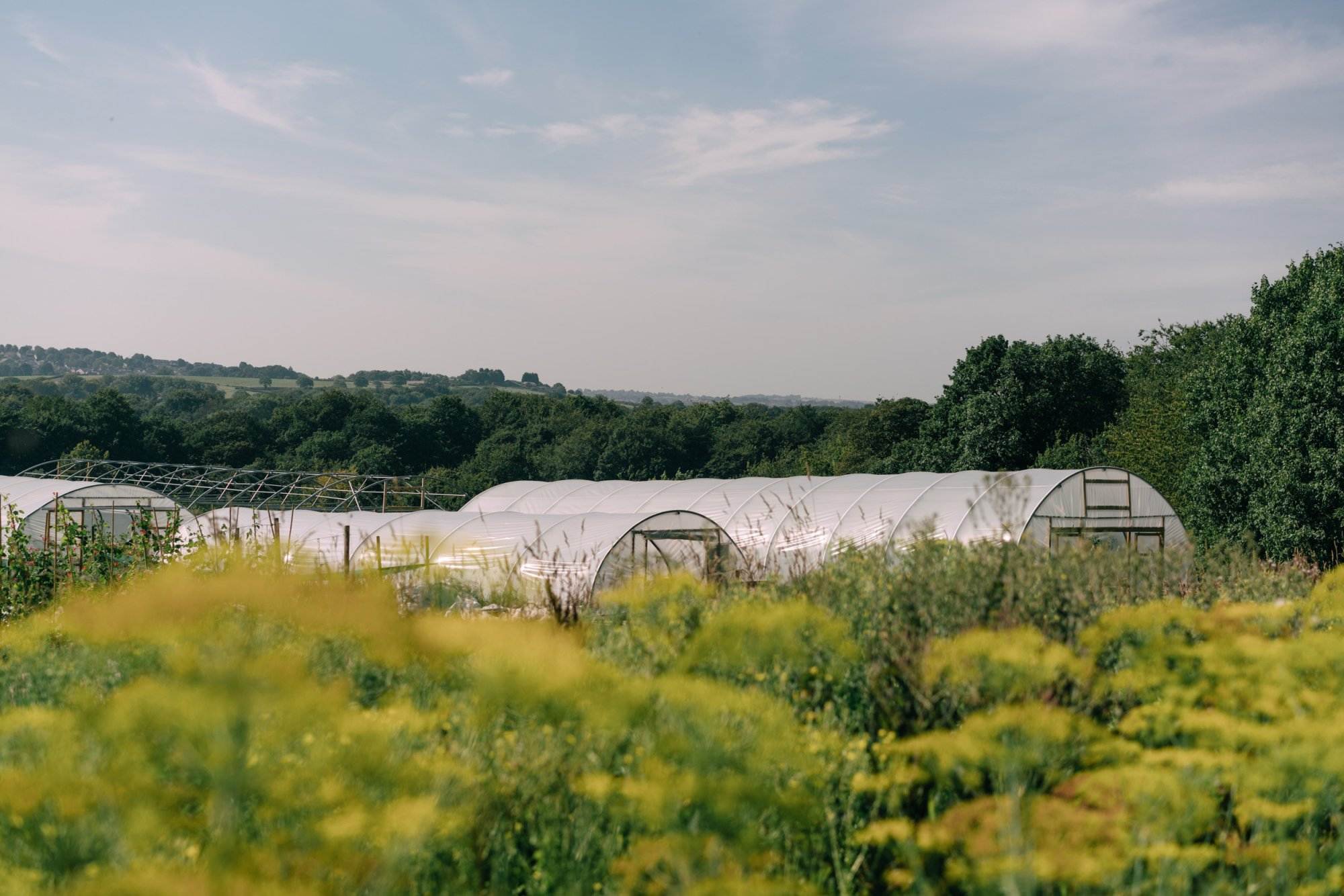Sheffield boasts 4.5 million trees, a third of the city is part of the Peak District, and 61% of our city is green space. This makes Sheffield one of the greenest cities in the world. So, it’s no wonder Sheffield is known as the Outdoor City! The region is famed as a centre for outdoor activities, such as road cycling, climbing, running, and many more sports. But it’s also a city to spend time in. Industry and homes are woven through the city’s rivers, hills, and countless green spaces. We feel one component is missing though, and you’ve guessed it, it’s food.

What is the Outdoor City?
The Outdoor City brand was launched in 2015 by Sheffield City Council. It was developed to market Sheffield’s outdoor offering both at home and abroad. After various studies by the local universities, park and Woodland Trust and rural planning, they discovered the massive economic potential for the city. Recreational activities would bring sales to those businesses providing activities, but the rest of the city would also benefit through increased sales for retailers and the hospitality industry. The hope was for Sheffield to be internationally renowned for its outdoor adventures, quality places and outdoorsy people. Seven years later, despite the pandemic, Sheffield has grown its reputation worldwide and its offering. Adventure activities, walking trails, and festivals throughout the year continue to showcase the best of what Sheffield offers in the open air. However, food and farming are not on the map, and here’s why.
Why isn’t farming part of the outdoor city?
Like many cities, Sheffield has relied heavily on rural growers and imports. At first, this may seem sensible, with farming needing lots of land and space always being at a premium in the city. But, when you realise that fewer people work on rural farms than ever before and most working-age people live in urban areas, you can see why this will soon become an issue. Furthermore, Sheffield does not have a strong history of horticulture or farming, which means that currently, we cannot fill the gap of missing rural workers. Sports and outdoor activities are a long tradition in Sheffield, but the farming industries have never made their mark. However, Sheffield does have the potential to make farming part of its urban landscape, bringing food and jobs into the city and adding this component to the Outdoor City.
Making food a part of Sheffield’s landscape
There are three key things we need to achieve to make food part of Sheffield’s landscape permanently. Firstly, we need to invest in education and training for horticulture and farming. Secondly is to unlock urban and peri-urban land for hyper-local food production. Thirdly, is to invest in current and new farming enterprises that can provide the jobs, ongoing training and the know-how to make food production a reality in our Outdoor City. Sheffield already has an expanding urban farming industry, but we need to increase food production to weather global food supply issues and the cost of living crisis.
It’s not just about bringing jobs and local food to the city. It’s also about the economic potential of adding to the Outdoor City brand. Food markets and festivals, interactive farm visits, volunteering opportunities, and pairing great British food and drink with a fun day out, will further increase tourism in the region. We want food to be a crucial part of our city. Will you join us?

